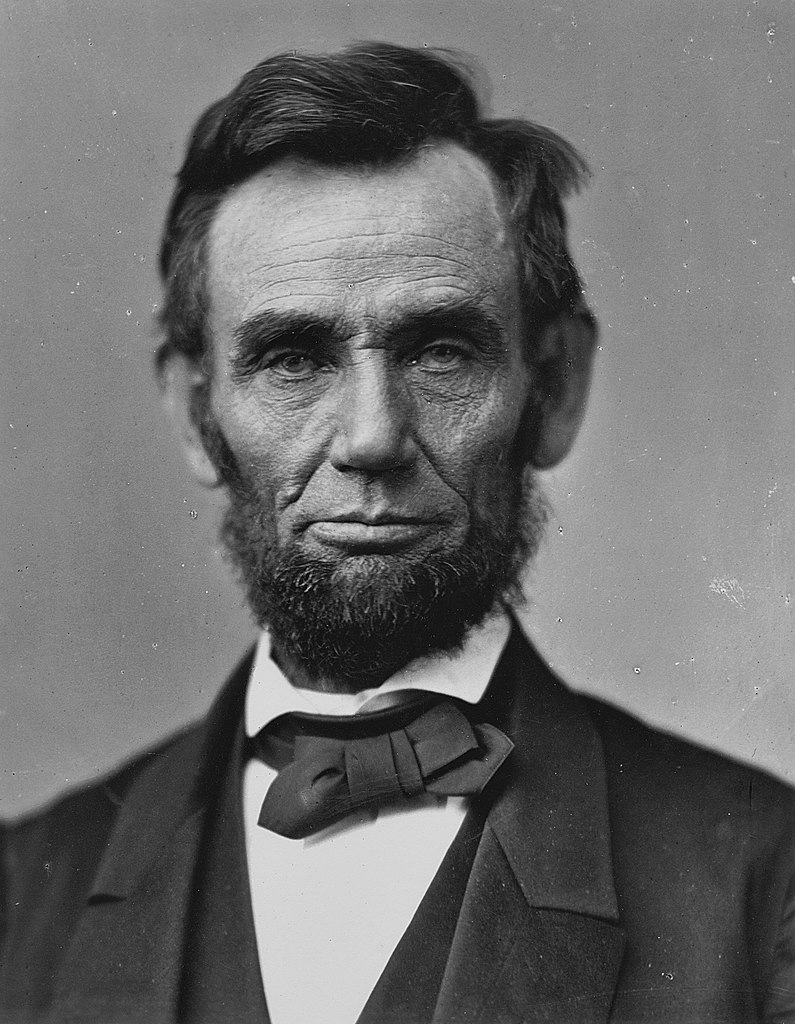Today’s post is in two parts. Part one was written before the State of the Union Address. Part two was added after the Address.
PART ONE: Finding a Foothold
America is stumbling. In such a time as this, looking back at an earlier anxious moment may help us regain a footing. The assassination of Abraham Lincoln is one of those moments.

The body of President Lincoln lay in State in Independence Hall when Phillips Brooks, Rector of Philadelphia’s Church of the Holy Trinity, addressed mourners in words and concepts that overflow the banks of time and place.
Brooks’ sermon called listeners to aspire to the higher standard of character he attributed to Lincoln: a template for personal and national character. Brooks’ text was Psalm 78:71-73:
“He chose David also His servant, and took him away from the sheepfolds; that he might feed Jacob his people, and Israel His inheritance. So he fed them with a faithful and true heart and ruled them prudently with all his powers.” (Psalm 78:71-73)
The Blending the Two Kinds of Power
Phillips Brooks offers a description of our better selves — the blending of what he called the moral and mental powers.
The line between the two kinds of power is always vague and indistinct in the simplest characters. They run together, and in their best combinations you are unable to discriminate, in the wisdom which is their result, how much is moral and how much is intellectual. You are unable to tell whether in the wise acts and words which issue from such a life there is more of the righteousness that comes of a clear conscience, or of the sagacity that comes of a clear brain.
A feeble and narrow conscientiousness and an unprincipled intelligence
In more complex characters, and under more complex conditions, the moral and mental lives come to be less healthily combined. They cooperate, they help each other less. They come even to stand over against each other as antagonists; till we have that vague but most melancholy notion which pervades the life of all elaborate civilization, that goodness and greatness, as we call them, are not to be looked for together, we expect to see a feeble and narrow conscientiousness, on the one hand, and a bad, unprincipled intelligence, on the other, dividing the suffrages of men.
The wedding of greatness with goodness
It is the great boon of such characters as Mr. Lincoln’s, that they reunite what God has joined together and man has put asunder. In him was vindicated the greatness of real goodness and the goodness of real greatness of real goodness. The twain were one flesh.
The one was free to look all that claimed to be truth in the face, and separate the error from the truth that might be in it; the other did not dare to investigate, because its own established prides and systems were dearer to it than the truth itself, and so even truth went about in it doing the work of error.
Excerpts, Phillips brooks’ “Abraham Lincoln” in addresses (chicago: W.B. Conkey co., 1900), pp149-75.
Brooks’ manner of speaking is different. It’s dated. He doesn’t talk like us. His cadence varies. The sentences are longer. Complex and compound sentences outnumber the simple ones. Yet we may, I think, presume that his hearers were well-equipped to follow and take the measure of his thoughts. There was no talk radio. There was the blending of heart and intellect that can come when the two powers, though different, are not divorced from each other.

When encouraged to stand for election as the Episcopal Church’s Bishop of Massachusetts, Brooks declined because he did not believe in the apostolic succession of the bishopric. He spoke his truth. His character was such that, though he had demurred, the Episcopal Church elected him Bishop of Massachusetts in 1891.
PART TWO: STUMBLING FORWARD

Last night’s State of the Union Address offered a public illustration of “the feeble and narrow conscientiousness, and bad, unprincipled intelligence of which Phillips Brooks spoke. Historian Heather Cox-Richardson speaks for me in her Feb. 7 issue of Letters from an American:
What viewers saw tonight was a president repeatedly offering to work across the aisle as he outlined a moderate plan for the nation with a wide range of popular programs. He sounded calm, reasonable, and upbeat, while Republicans refused to clap for his successes—800,000 new manufacturing jobs, 20,000 new infrastructure projects, lower drug prices—or his call to strengthen the middle class.
And then, when he began to talk about future areas of potential cooperation, Republicans went feral. They heckled, catcalled, and booed, ignoring House speaker Kevin McCarthy’s (R-CA) attempts to shush them. At the State of the Union, in the U.S. Capitol, our lawmakers repeatedly interrupted the president with insults, yelling “liar” and “bullsh*t.” And cameras caught it all.
Extremist Marjorie Taylor Greene (R-GA), her hands cupping her wide open mouth to scream at the president, became the face of the Republican Party.
HEATHER COX-RICHARDSON, LETTERS FROM AN AMERICAN, FEB 7, 2023.
Gordon C. Stewart, Public Theologian, author of Be Still! Departure from Collective Madness (2017 Wipf and Stock), 49 short essays on faith and the news; Brooklyn Park, MN, February 9, 2023.




